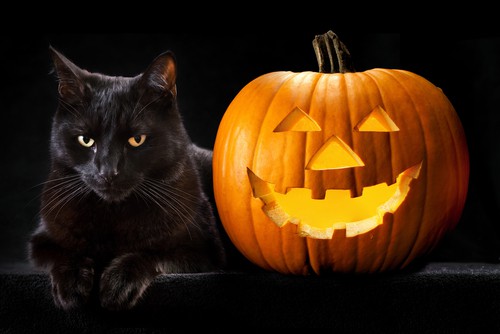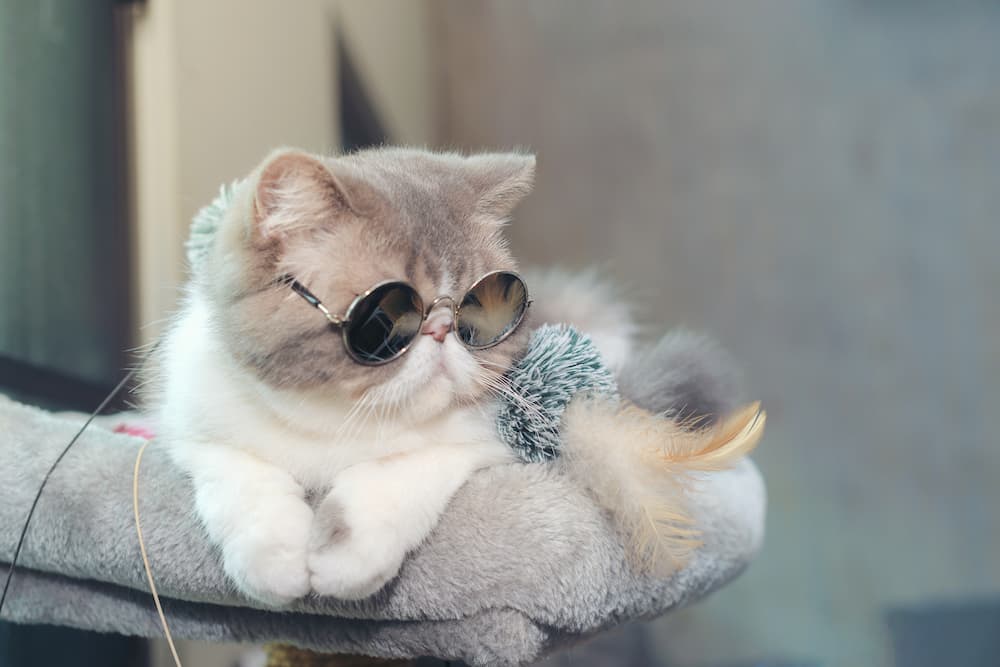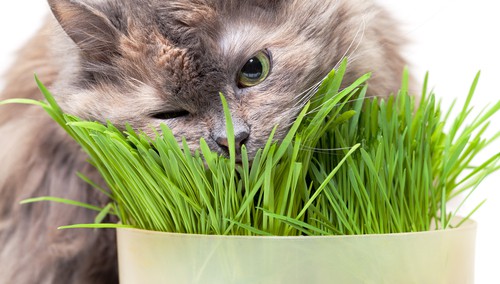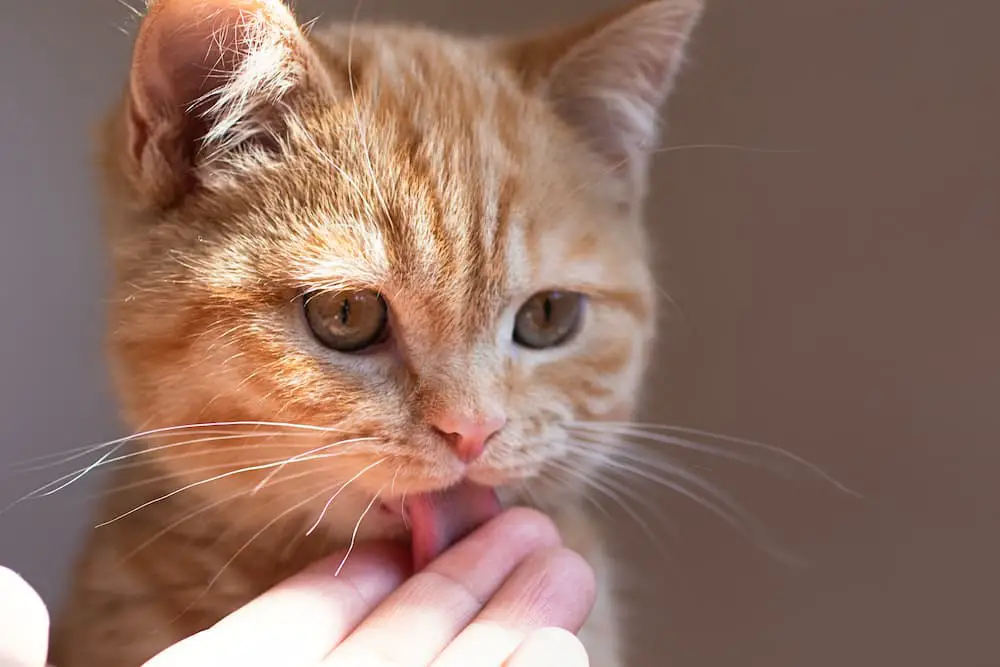If you share your home with a feline friend, there’s a good chance you’ve rescued a lizard or two in your lifetime — the fast-moving reptiles are irresistibly fun for cats to chase. But, the next time your cat brings you a gift of the lizard variety, give it a closer look… he may have discovered a brand new species, just like one clever cat in Taranaki, New Zealand!

The cat’s owner, farmer Amanda Harris, had just let her farm cat, Rusty, indoors when he made a familiar sound.
“This cat’s got as particular meow when he’s got something, so when he brought it in I saw it and it slithered across the carpet and that’s what caught my eye,” she told Radio New Zealand.
Harris placed the creature in a box and contacted local experts to identify the reptile. What Rusty had discovered surprised everyone. The lizard was identified as a kakerakau, a very rare species of skink, possibly the first of its kind ever seen in person.
The find was exciting for ecologists as kakerakau skinks had only ever been seen on video, filmed on a camera more than 300-miles away, nearly 20-years prior. Because of these factors, it’s quite possible that Rusty’s new pet is actually a brand-new species. Scientists took a DNA sample from the skink’s tail to confirm.
Scientists are relieved it was Rusty that made the discovery. His human said the lizard picked the right cat to speak to. Rusty isn’t much of a hunter and doesn’t eat what he catches.
This amazing find highlights the importance of staying vigilant when allowing your cat to explore the outdoors. In 1894, another New Zealand cat named Tibbles caused the extinction of an entire species of bird when he was allowed outdoors without a watchful eye.
Thankfully for the newly discovered skink, he’d only gone for a ride in Rusty’s mouth and wasn’t injured at all. The skink has since been released back into the New Zealand bush.
The Catington Post is reader-supported. That means, if you make a purchase through links on our site, we may earn an affiliate commission. All images and names which are not the property of The Catington Post are the property of their respective owners.







